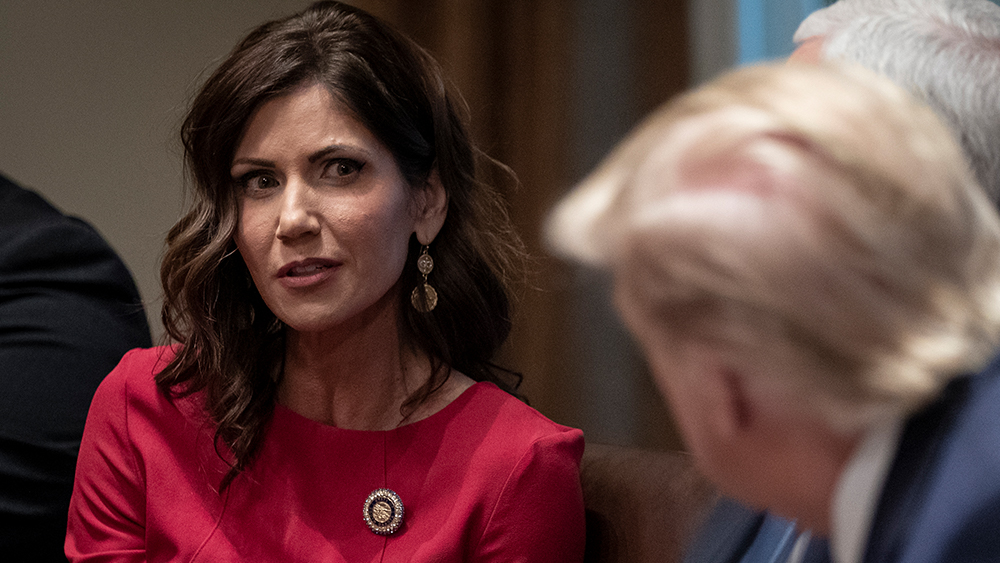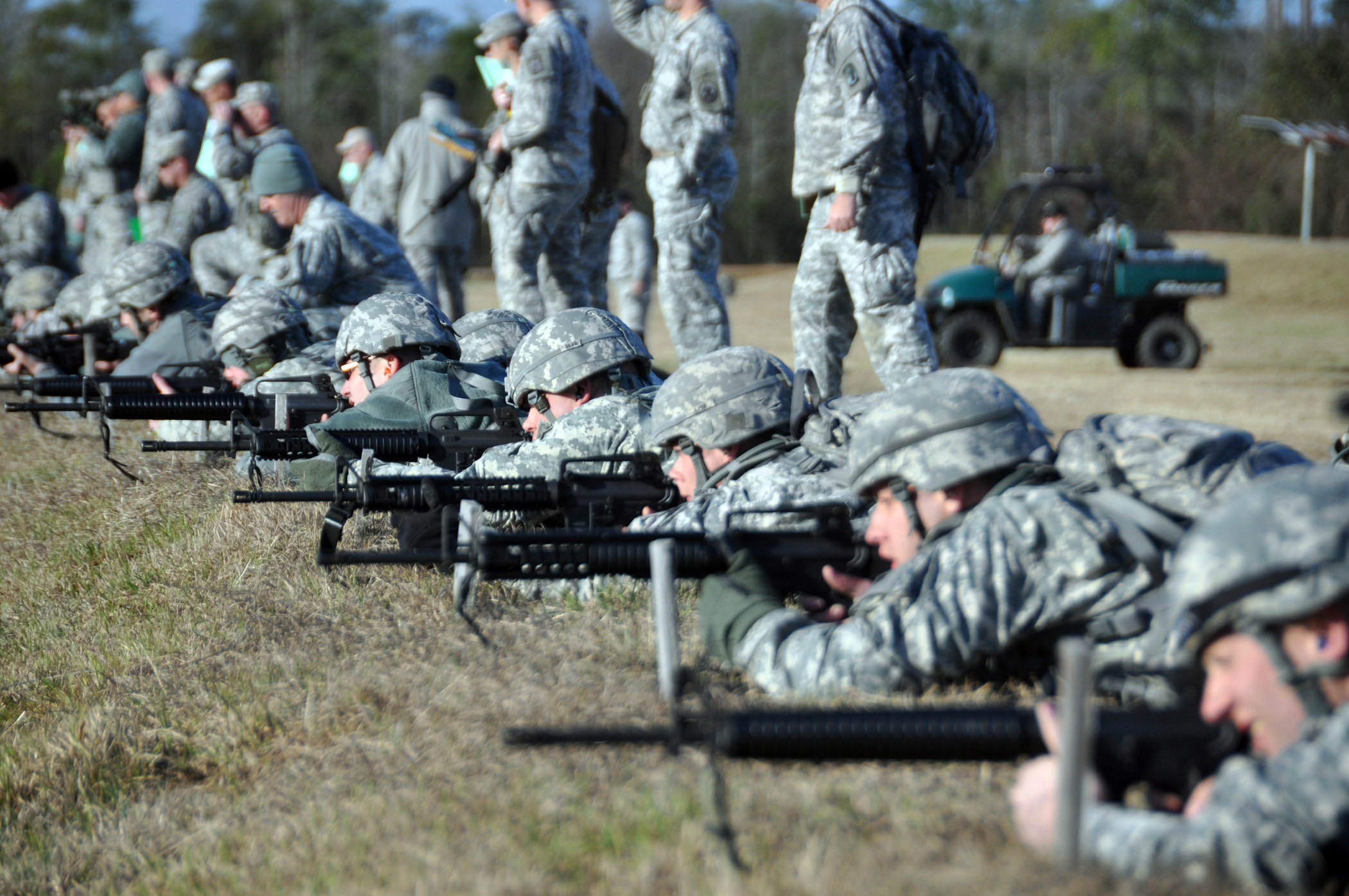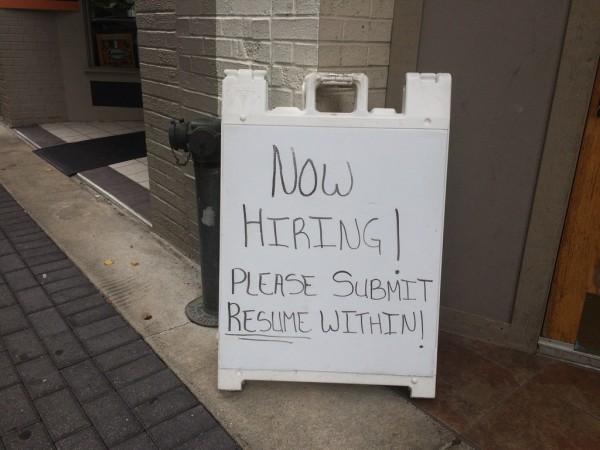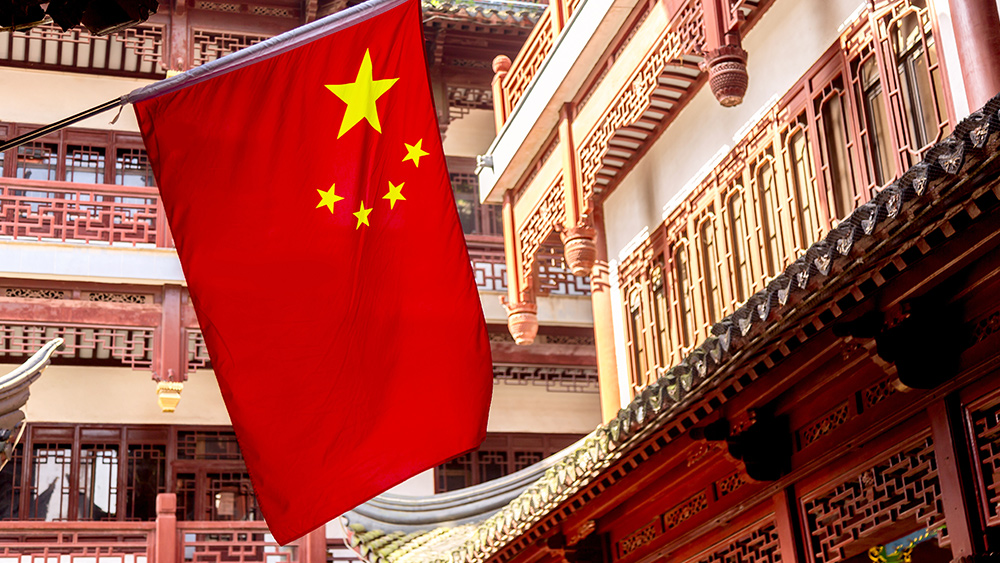 Parler
Parler Gab
Gab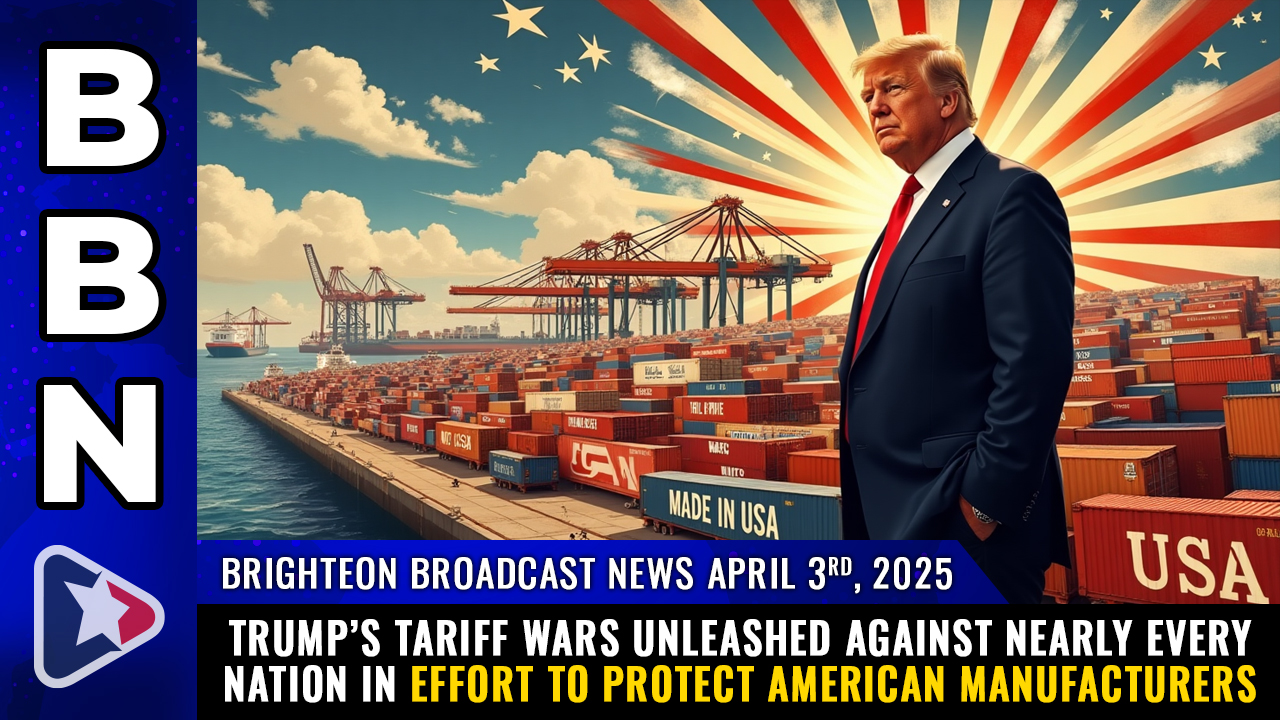
- A federal appeals court temporarily reinstated Trump’s tariffs, halting a lower court ruling that declared them unconstitutional.
- The White House vows to fight all the way to the Supreme Court, accusing judges of undermining national security.
- Legal experts argue the tariffs were imposed under questionable authority, but Trump’s team insists they are necessary to protect American workers.
- The battle exposes a fundamental divide: Should the president have unilateral power to reshape trade policy, or must Congress retain control?
- Markets remain volatile as businesses brace for prolonged uncertainty over tariff enforcement.
The legal battlefield: Emergency powers vs. congressional authority
At the heart of the dispute is the International Emergency Economic Powers Act (IEEPA), a 1977 law designed to let presidents freeze assets or restrict trade during genuine national emergencies—such as wartime crises or terrorist threats. The Trump administration stretched the boundaries of this law to justify broad tariffs, claiming trade deficits and intellectual property theft by China constituted an “emergency.” But critics, including the U.S. Court of International Trade, called this a dangerous power grab. Bruce Fein, a former Reagan-era Justice Department official, told Al Jazeera, “The IEEPA doesn’t say anything at all about tariffs.” The law was meant to target specific threats—like Iran during the 1979 hostage crisis—not rewrite global trade rules. Trump’s team, however, isn’t backing down. Trade adviser Peter Navarro declared, “You can assume, even if we lose tariff cases, we will find another way.” The administration is reportedly eyeing Section 122 of the Trade Act of 1974, which allows short-term tariffs to address trade deficits—a move that could buy time while they craft a more legally defensible strategy.Checks and balances—or judicial activism?
The courts’ intervention raises a critical question: Are judges safeguarding constitutional limits on executive power, or are they sabotaging policies that protect American industry? Trump’s tariffs on steel, aluminum, and autos—imposed under Section 232 of the Trade Expansion Act of 1962—remain untouched because they were tied to national security concerns. But his broader tariffs, including the 10% baseline on all imports, were struck down as an abuse of emergency powers. Greg Schaffer, a Georgetown law professor, warned that using IEEPA to rewrite tariffs sets a dangerous precedent: “The power to decide tariffs resides with Congress.” Yet Congress has repeatedly failed to act—leaving a vacuum that Trump filled. If lawmakers won’t defend American jobs, should the courts?The stakes for America’s future
Beyond the legal drama, the real victims are American businesses and consumers. Tariffs on Chinese goods were meant to punish Beijing for flooding the U.S. with fentanyl precursors and stealing intellectual property. But abrupt court rulings create chaos for importers who already paid billions in duties—and now they are potentially entitled to refunds. Meanwhile, the White House warns that rolling back tariffs would embolden China and weaken U.S. leverage in ongoing negotiations. Navarro assured the public, “The Trump tariff agenda is alive, well, and healthy.” But if courts keep blocking Trump’s moves, will America’s trade enemies exploit the confusion? One thing is clear: This fight isn’t just about tariffs—it’s about who controls America’s economic destiny. The three branches of the American government were designed to be checks and balances, holding each branch accountable, so no group rose to dictatorship. But how can American voices be represented and heard if their Congressional representation is not consulted in these serious economic matters, and the judicial and executive branch are busy playing a game of high stakes tug of war for power? While Trump's intentions sound noble - protecting US manufacturers - should we blindly trust all his tariff war strategies and negotiations? Sources include: RT.com AlJazeera.com NBCNews.comBrazilian comedian sentenced to JAIL TIME over stand-up routine jokes
By Ramon Tomey // Share
DHS shuts down TSA watchlist program amid allegations of political targeting
By Laura Harris // Share
Trump administration rescinds Biden-era EMTALA guidance on emergency abortion care
By Laura Harris // Share
U.S. Army surpasses 2025 recruiting goal four months ahead of schedule
By Laura Harris // Share
U.S. job openings rise more than expected in April
By Laura Harris // Share
Chinese nationals charged with smuggling potential agroterrorism fungus into the U.S.
By Laura Harris // Share
Governments continue to obscure COVID-19 vaccine data amid rising concerns over excess deaths
By patricklewis // Share
Tech giant Microsoft backs EXTINCTION with its support of carbon capture programs
By ramontomeydw // Share
Germany to resume arms exports to Israel despite repeated ceasefire violations
By isabelle // Share

